|
GUEST POST by Thomas Nemel* This blog post may contain affiliate links. As an Amazon and Rewardstyle affiliate, the author may earn a small commission for any purchases made through these links. Click here for the disclaimer statement. Effective training is a combination of three classical processes: workout, rest, and recovery. When you train hard, you need enough time to rest, usually meaning good sleep, and also to allow a muscle recovery period. Otherwise, working too hard can lead to poor results. And what is worse, it may lead to overtraining or, according to official classification, Overtraining Syndrome (OTS). Some athletes and trainers may also call it “burnout”, “overwork”, and “staleness.” Long-term effects of overtraining can spoil life for many months and even years, and need detailed attention and training plan correction. Symptoms of overtrainingExercise and healthy food count but there's an unexpected twist Photo by Zachary Nelson on Unsplash Scientists are increasingly discovering that the changes in the circadian rhythm as we age are associated with reduced longevity.
Normal, healthy aging is associated with a weakening of the circadian system. The first indication of damping of circadian rhythms with advancing age came from studies by Franz Halberg in the 1950s, on mice. We now know that circadian rhythm plays a vital role in health, and prolonged clock disruptions are associated with chronic diseases. Knowing how to boost strengthen the circadian rhythm may yet turn out to be as important as strengthening our muscles, for longer life. How slow is slow, and is the fat-burning zone even true?We've all heard about the "fat-burning zone" and that we should exercise aerobically at low intensity to burn the most fat. I've always been sceptical about this advice, so I dug into the science.
Does the science support this advice, and what is low intensity anyway? You might put it on though
How often have you read something like this "another way to lose more weight is to eat more protein"? An alternative version is this "boost your metabolism by increasing your protein intake".
And yet another version is "take a protein shake before bed and see your fat burn away as you sleep". Sorry to break the bad news, but eating more protein isn't going to help—no more than a walk around the block. A walk around the block will do you more good. I'm adding it back onto my small list of daily supplements
Carnitine is a supplement that is often touted as a "magic pill" for weight loss or exercise performance.
The weight loss benefits are arguably still unsubstantiated. And, some sports authorities believe that there is currently insufficient evidence to recommend Carnitine to athletes. However, Carnitine does have benefits which have recently been substantiated for diabetics (I'm one of those). How to make the most of your energy system
I didn't know how our energy system worked until I studied for my professional diploma in sports nutrition.
It's helpful to know, as knowing equips you to better match your exercise intensity with your energy capacity. We've all had the experience of having to move quickly, and after a short time, our legs feel like lead. Perhaps we've had to run to grab one of our children who has made off down the road. Perhaps after our dog who has got off the lead. We run strongly for about 10 seconds - feeling pleased with our pace - then find ourselves slowing for about 10 seconds. At this point, we suddenly feel our legs to be heavy and unresponsive. Boost your power and muscular endurance
Passive recovery - where you do nothing between bursts of activity - is the most common phenomenon at the gym.
Research shows that you'll be able to generate more power from your intervals, or more endurance, by using an active recovery protocol. As I move about my local gym, I'm always surprised at the number of people doing very little. A lot are hooked on the myth of needing "3 minutes between sets". A lot are just idle sitting on machines. The reason this catches my attention is that I follow the principle of getting the best Return On Exercise (ROE). I don't really want to be at the gym, and when I'm there, I want the most bang for my buck in terms of my objective of living longer better. Just as Mussorgsky wrote his "Pictures from an Exhibition" suite after attending an art exhibition, I've created a more prosaic piece of content below which are examples of the questions I experienced from my final examination for a Professional Diploma in Sports and Exercise Nutrition. You'll see from the questions how this knowledge fits into my ambition to help people lower their body age and live longer actively and independently.
For those who are curious, the correct selections are: 1 - (a), 2 - 91.6-160.4g / day, 3 - (c), 4 - 2079kcal / day, 5 - False, 6 - True, 7 - False, 8 - (a), 9 - Energy availability, Menstrual function, Bone strength, 10 - (b), 11 - Soy, 12 - All factors, 13 - All factors, 14 - False, 15 (d).
|
ChoicesSince I was diagnosed at 50 with Type 2 diabetes I've been learning how to do bone-building fitness training which lowers my age. You can too. It's your choice. Walter Categories
All
Archives
May 2023
|
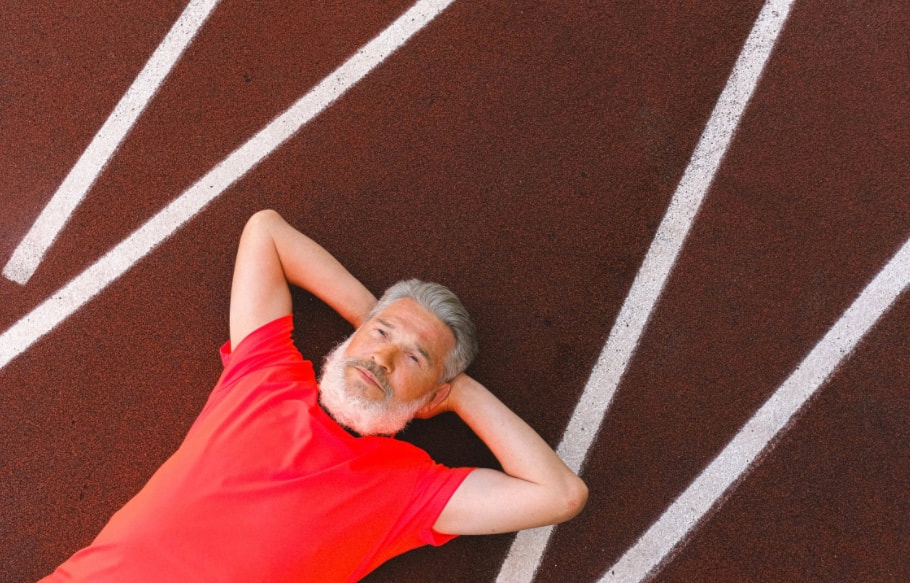
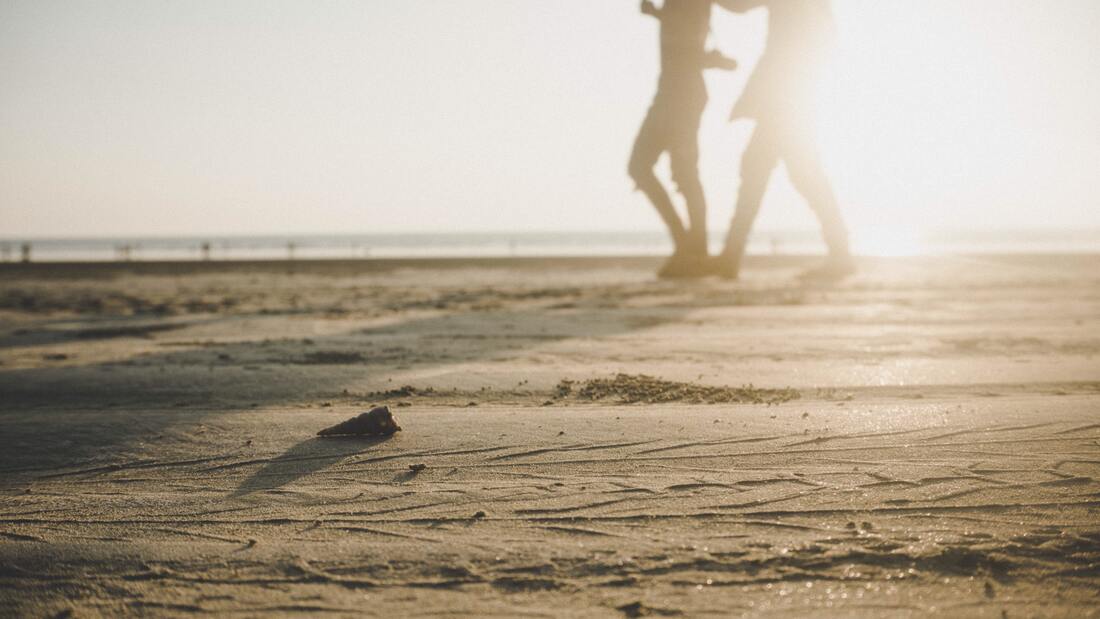
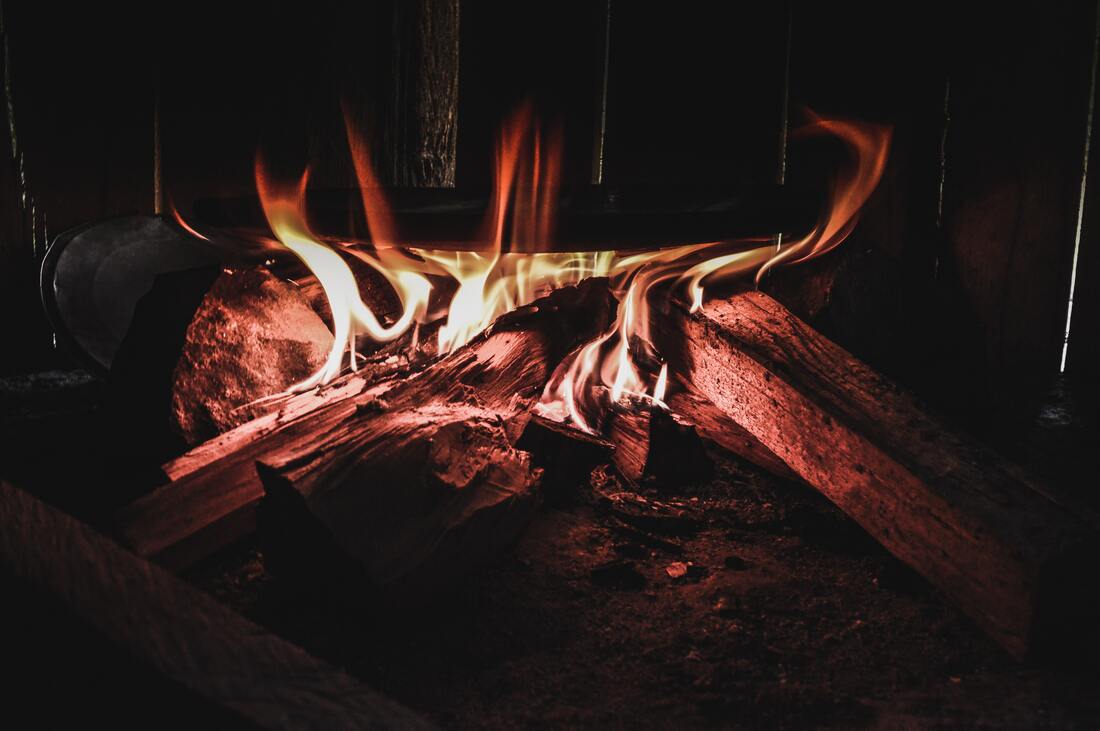

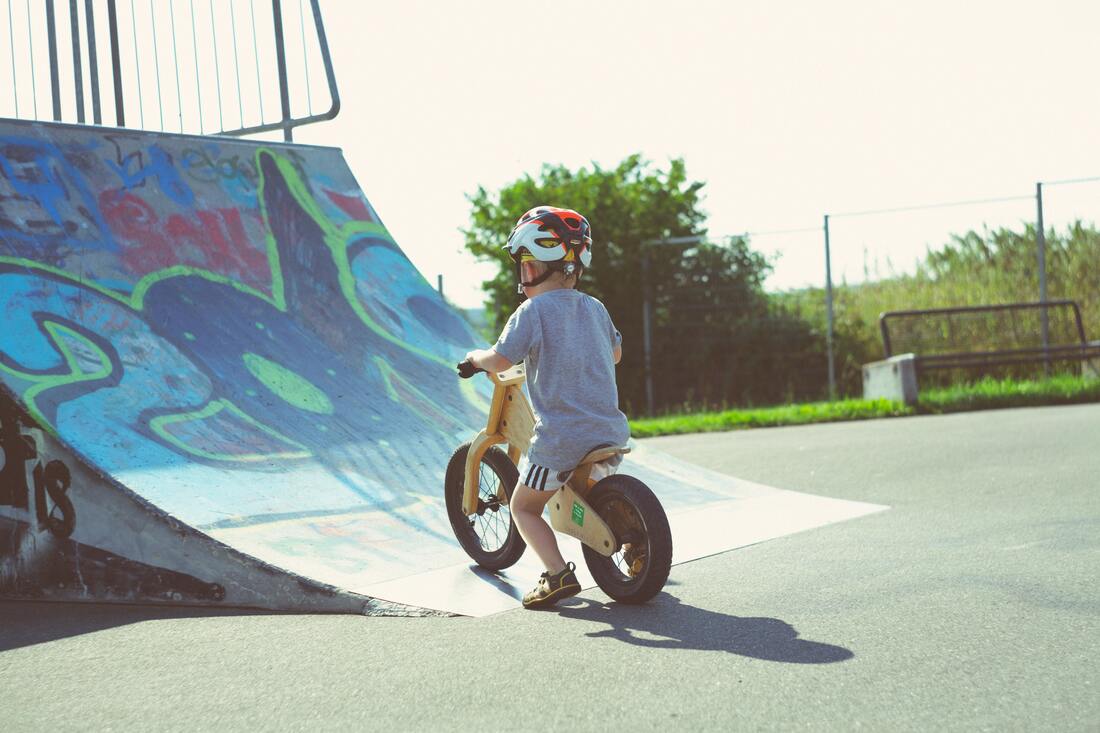
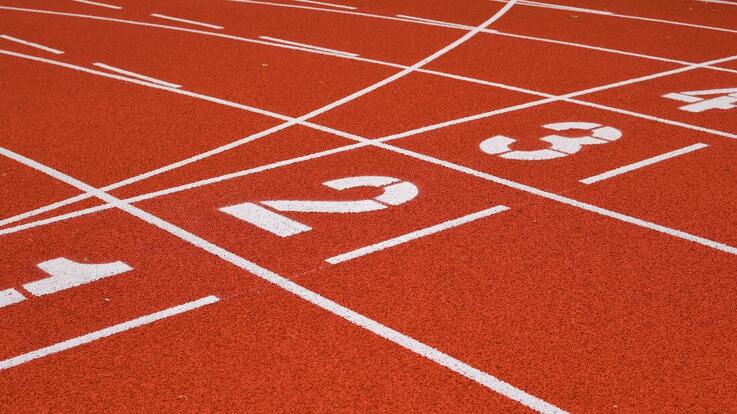

 RSS Feed
RSS Feed



